Subversive Histories: A Snapshot of Queer Cinema
Programmed by: Tony George and Liam Kilby
Queerness is defined by its fluid and contradictory nature. A blanket term encompassing a diverse range of sexual and gender expression, a radical statement of power in opposition to oppression, and a word enshrined and critiqued as a theoretical tool in the academic canon of queer theory — queerness is charged with overlapping histories and meanings. In particular, the 1990s saw a flourishing of art, writing, and political organizing around queerness in the United States, alongside the growth of independent filmmaking. This union produced what B. Ruby Rich first termed New Queer Cinema in 1992 — a wave of boldly creative, unapologetic, and confrontational films that insisted on depicting gay and lesbian sexuality, critiquing mainstream heterosexual culture, and complicating the narrative around the AIDS crisis. Subversive Histories features this important cinematic period, while also acknowledging its innovative predecessors and its impact on subsequent generations of filmmakers.
The series highlights celebrated films of the New Queer Cinema period like Gregg Araki's Nowhere (1997), Derek Jarman's Blue (1993), Cheryl Dunye's The Watermelon Woman (1996), and Sally Potter's Orlando (1992) while also showcasing underseen documentaries of diverse queer subcultures in BloodSisters (1995) and Shinjuku Boys (1995). It places early queer cinema pioneers Kenneth Anger and Jean Genet in conversation together and emphasizes contemporary queer filmmaking with Apichatpong Weerasethakul's Uncle Boonmee Who Can Recall His Past Lives (2010). These screenings celebrate the indefinable and expansive world of queerness on film, never exhausting the facets of its expression but providing one more potential lens through which to view its splendor.
Nowhere (1997)
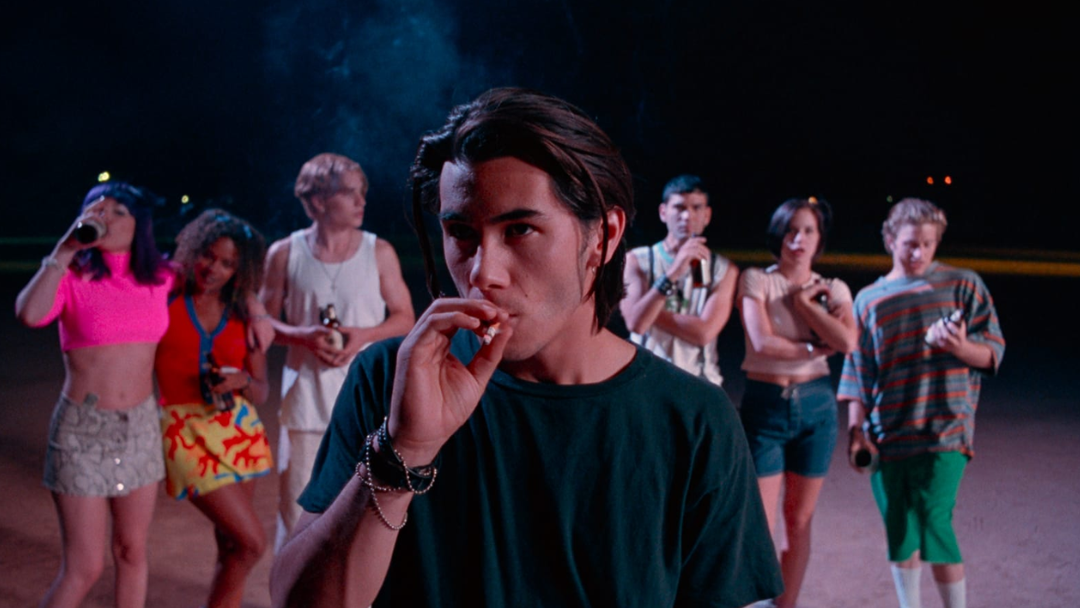
Gregg Araki · 83m · DCP
Described by Araki as "Beverly Hills 90210 on acid," this New Queer Cinema staple follows college student Dark Smith (James Duval) as he navigates romance, adolescence, and armageddon in a surreal, neon-drenched L.A. The third film in Araki’s Teenage Apocalypse trilogy cements his flair for nihilistic, stylized portraits of queer teenage alienation, and forms an elliptical narrative traversing the boundaries between romance and friendship, love and violence.
Thursday, October 3rd 9:30 PM
The Watermelon Woman (1996)
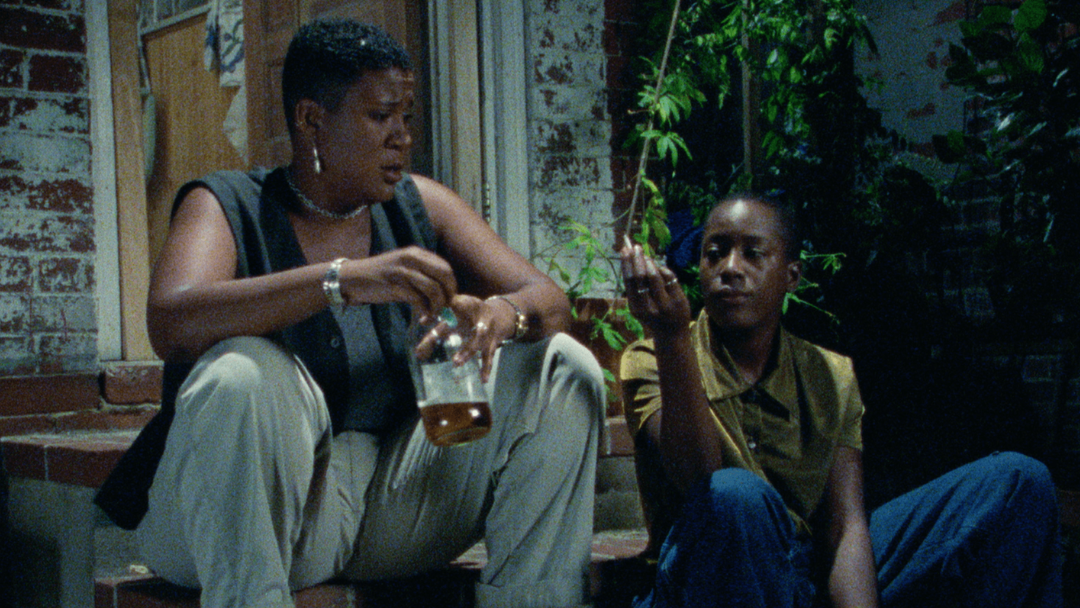
Cheryl Dunye · 84m · DCP
The Watermelon Woman confronts the archival silences of Black women in Classic Hollywood. Cheryl Dunye plays a Black lesbian filmmaker making a documentary about 30s actress Fae Richards, known for uncredited "mammy" roles. Inspired by actresses like Hattie McDaniel and Butterfly McQueen, Dunye created Richards when the film’s budget prevented her from using archival footage. The film asks what’s possible when marginalized voices assert their right over history.
Thursday, October 10th 9:30 PM
Uncle Boonmee Who Can Recall His Past Lives (2010)
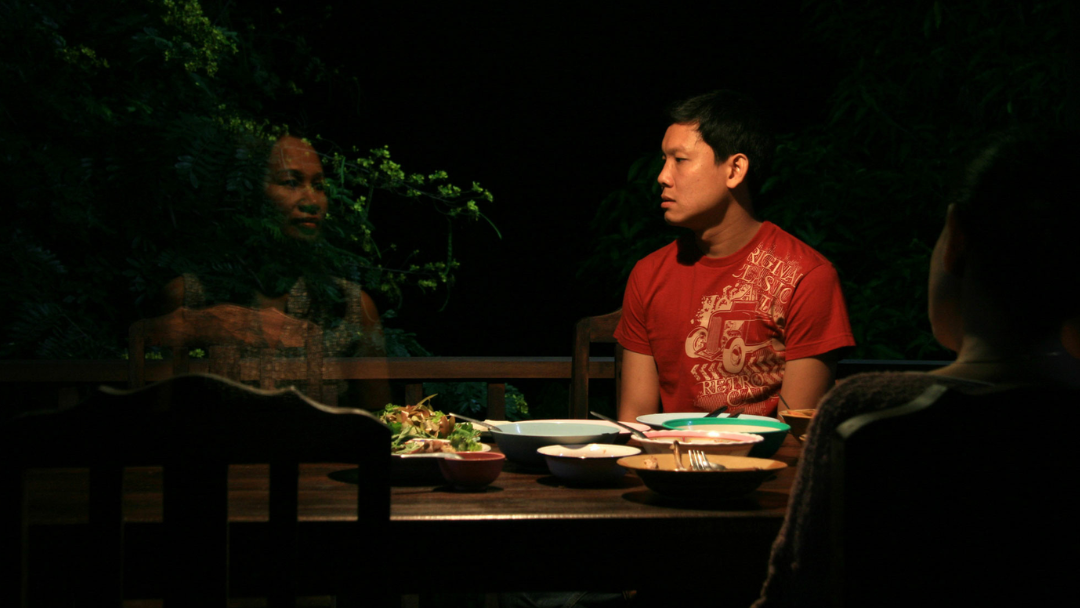
Apichatpong Weerasethakul · 114m · DCP
Set in rural Thailand, the film follows widower Boonmee, who faces impending death from kidney failure. Aided by the spirit of his deceased wife and his long-lost son Boonsong, who reappears in non-human form, Boonmee attempts to understand his illness and the afterlife. Lush images of nature are linked to human struggles in a film defined by ghosts, fantasy, and transformation, cementing the director’s view that "the word queer means anything is possible."
Thursday, October 17th 9:30 PM
Orlando (1992)
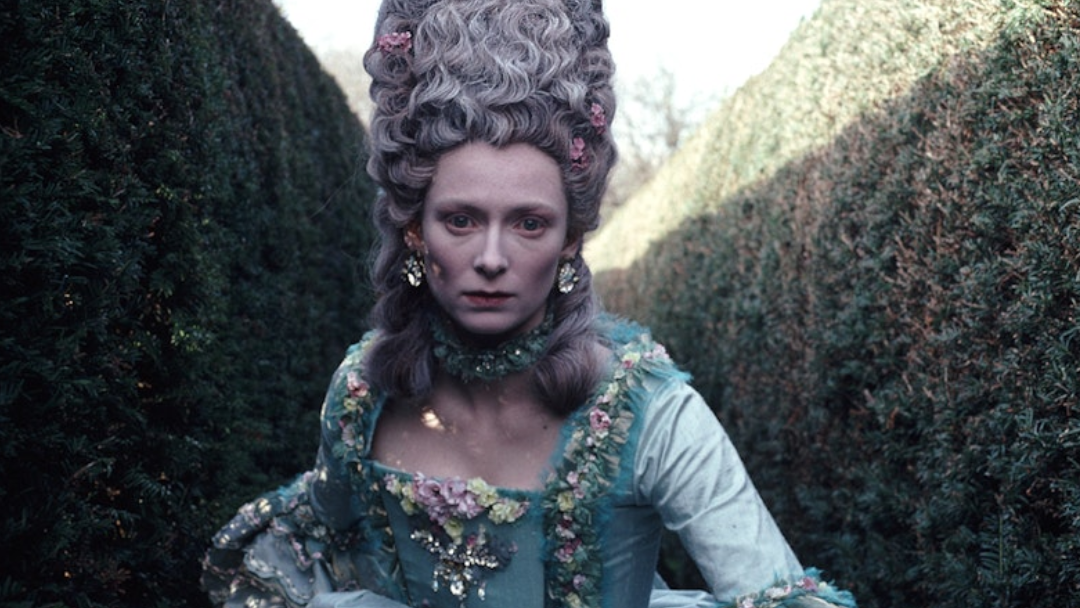
Sally Potter · 90m · 35mm
This adaptation of Virginia Woolf’s 1928 novel stars Tilda Swinton as Orlando, a beautiful, androgynous nobleman promised a large inheritance by Queen Elizabeth I on the condition that he never grow old. With a playfully iconoclastic approach to period drama, Sally Potter constructs a lavish tableau of temporal and gender fluidity that has the satire and subversion of the novel, while standing on its own as an original piece of independent filmmaking.
Thursday, October 24th 9:30 PM · Friday, October 25th 9:30 PM
BloodSisters: Leather, Dykes, and Sadomasochism (1995)
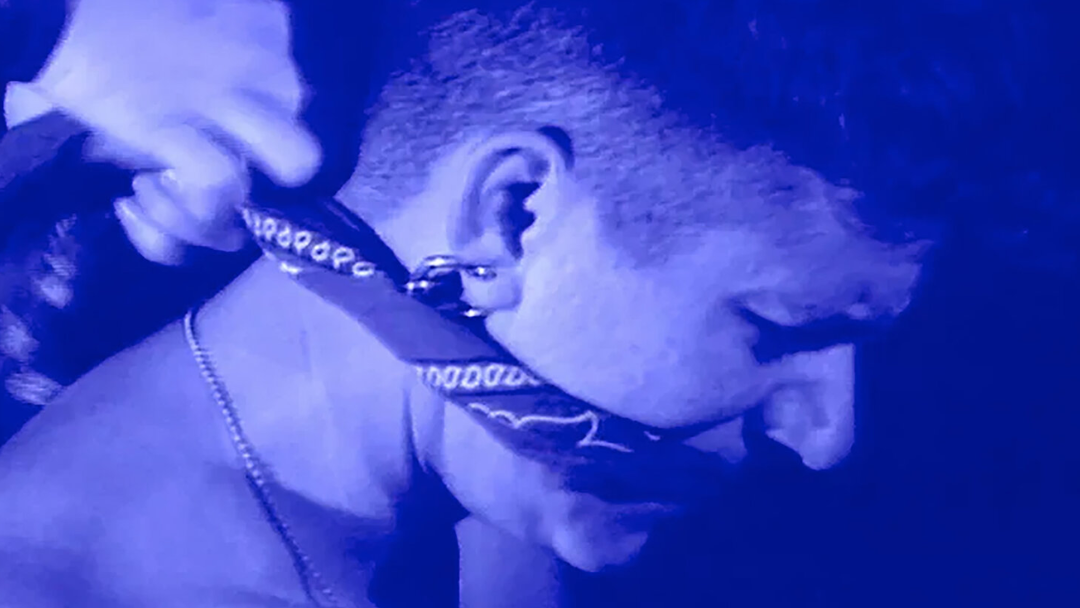
Michelle Handelman · 69m · Digital
"Pleasure is a priority," insists Ms. Northeast Leather 1993 Tova Sewall in this snapshot of the mid-90s SF Leatherdyke scene. Equal parts funny, erotic, and emotional, Michelle Handelman’s documentary is a frank and celebratory perspective on queer sexual expression. Alternating between charming interviews and evocative archival footage, the film complements the DIY energy of the S/M scene and boldly demonstrates the stakes of claiming a right to sexual autonomy.
Thursday, October 31st 9:00 PM
Shinjuku Boys (1995)
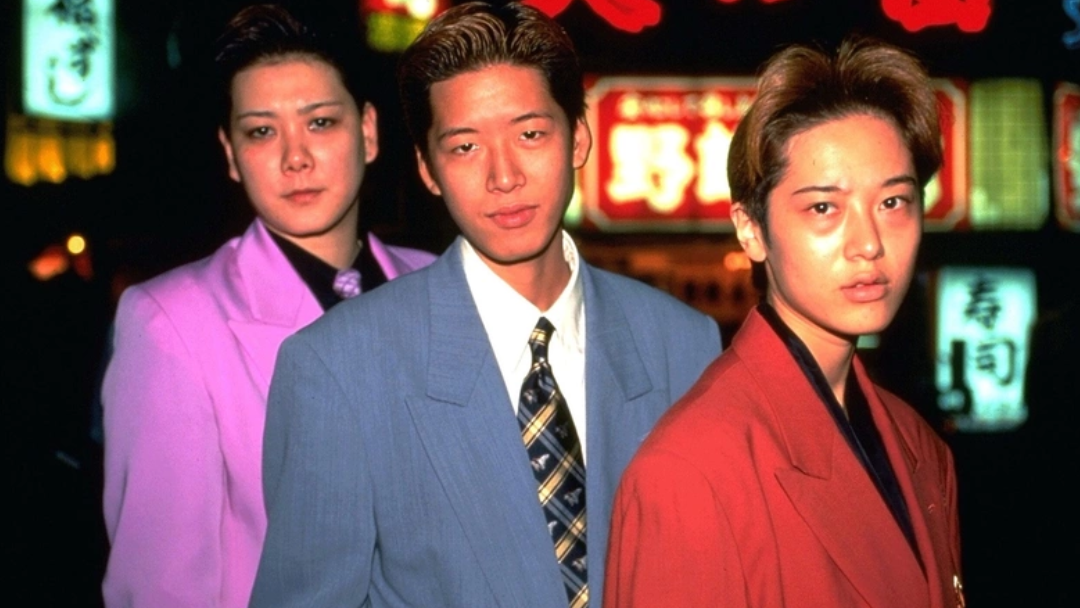
Kim Longinotto, Jano Williams · 53m · 16mm
Shinjuku Boys highlights the diverse qualities of transgender men — or onabe — working at the New Marilyn Club in Tokyo, where women come to have relationships with them. The story of three "Shinjuku Boys," Kazuki, Tatsu, and Gaish, is told through a cinéma vérité style, capturing a moment in time of growing attention towards sexual difference. The film includes candid interviews with the subjects and stunning dance floor sequences at the club.
Shinjuku Boys print courtesy of the Academy Film Archive.
Thursday, November 7th 9:30 PM
Un chant d’amour / Fireworks / Scorpio Rising (1950 / 1947 / 1963)
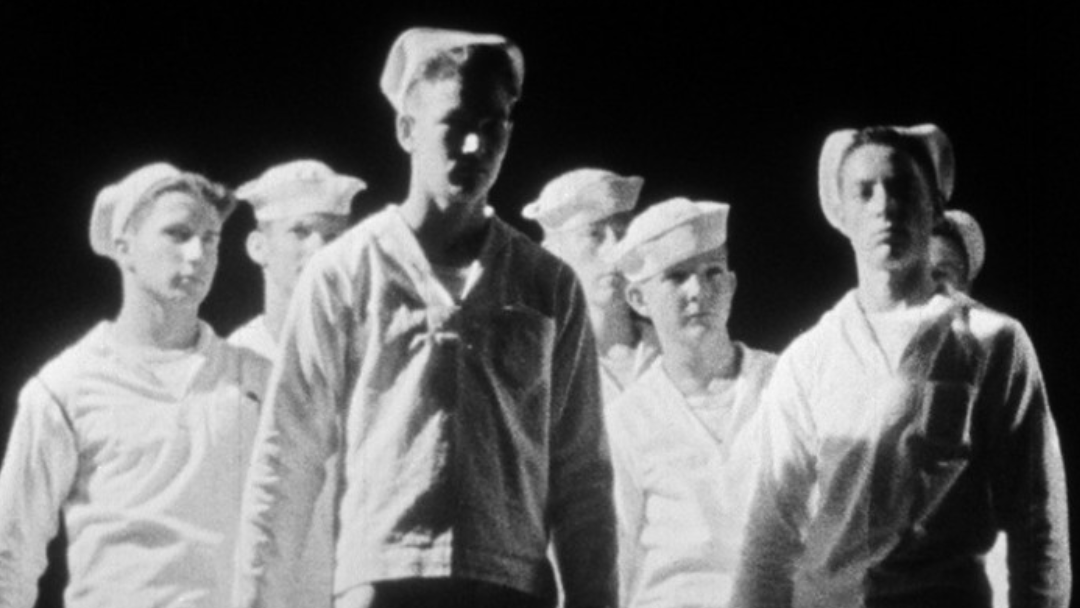
Jean Genet / Kenneth Anger · 26m / 14m / 28m · DCP / 16mm / 16mm
This queer shorts fantasia highlights a vast array of experimentation and bold queerness in film, tracing lines of inspiration that extend far beyond the past, into the present. From Jean Genet’s erotic tableaux in Un chant d’amour (a large influence to queer filmmakers) to Kenneth Anger’s seminal Fireworks and Scorpio Rising, each of these works’ formal and narrative experimentation fosters a tireless cerebral depth to queer expression.
Thursday, November 14th 9:30 PM
The Incredibly True Adventure of Two Girls in Love (1995)
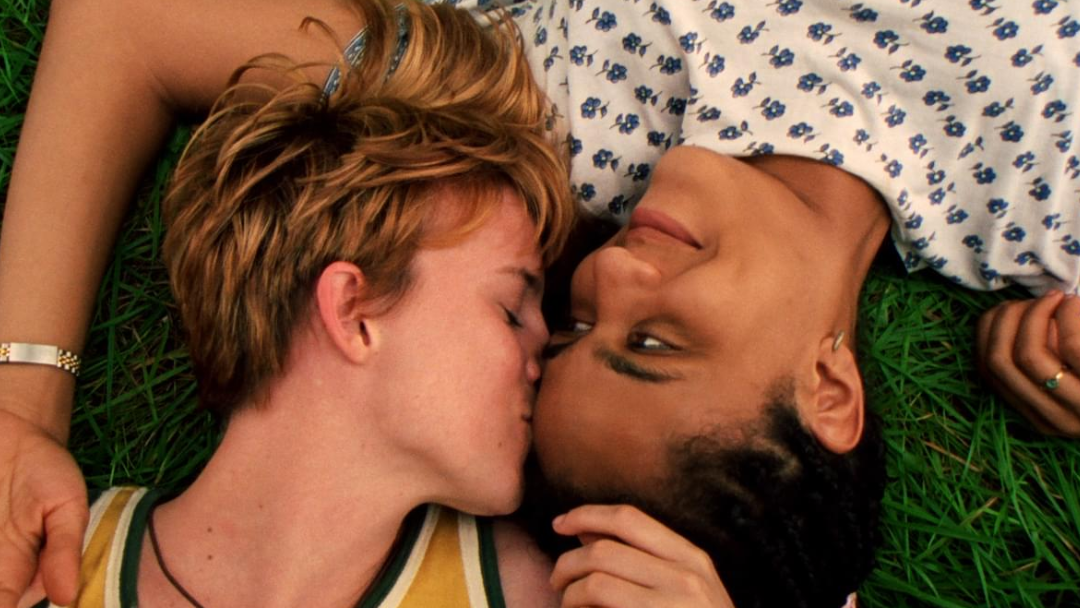
Maria Maggenti · 94m · DCP
A classic 90s lesbian rom-com subsuming stereotypical tropes of queerness in cinema. Teens Evie and Randy start a sweet, budding romance, but will it be able to overcome the difficulties of their social and economic differences? With a low budget, fun acting, and a soundtrack shared between the two leads (Bikini Kill and Bratmobile needle drops included), The Incredibly True Adventure of Two Girls in Love is a labor of love and genuine joy.
Thursday, November 21st 9:30 PM
Blue (1993)

Derek Jarman · 79m · 35mm
Derek Jarman’s last film before dying of AIDS, Blue is a lament for everyone who has died from the disease. A poem dedicated to the affected, to sexual expression, and to Jarman’s life. Cobalt blue wraps the screen, with each edge held tightly down — an hour and nineteen minutes of formal subversion and singular perception. This last screening of the series is an experience of loss, remembrance, and careful consideration of our place in Queerness today.






